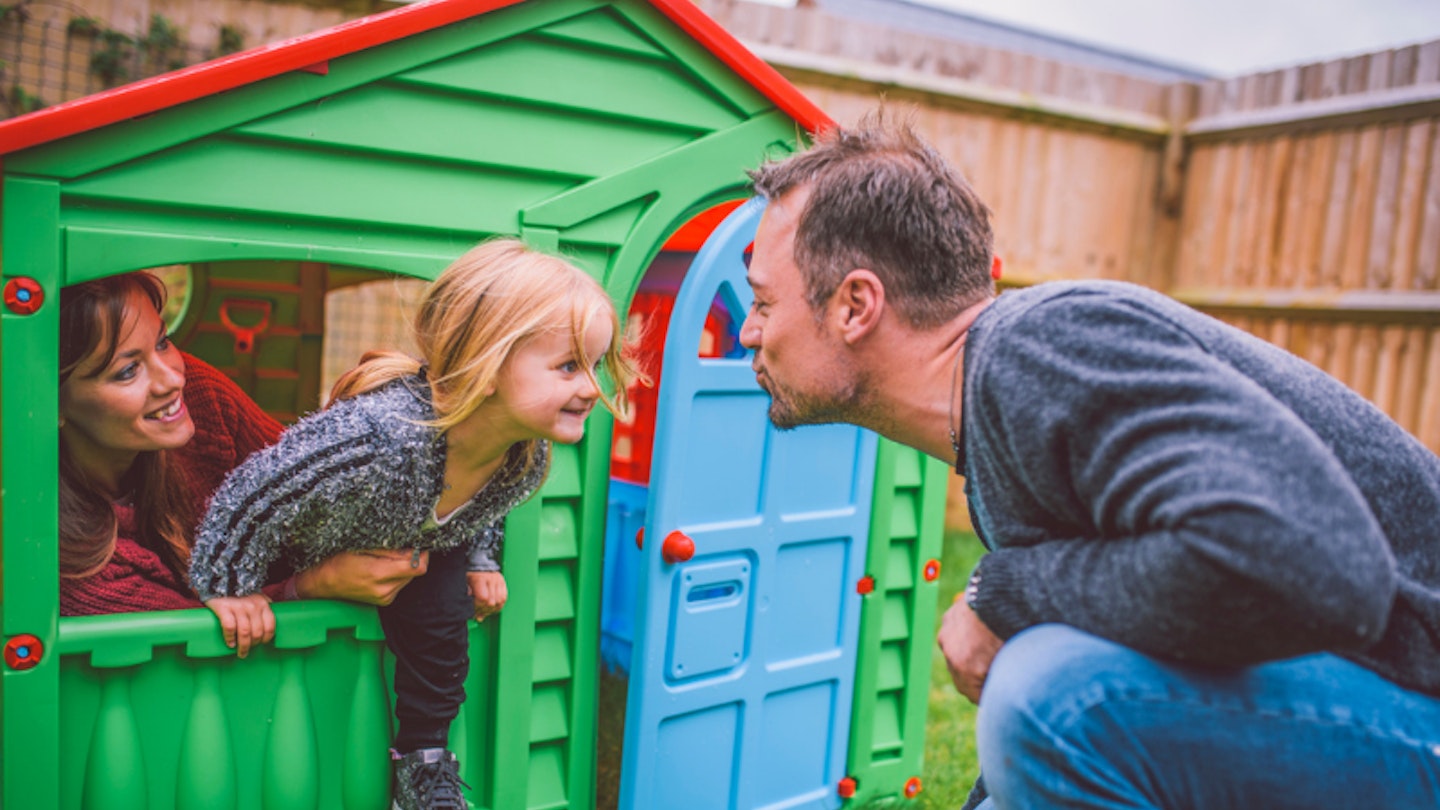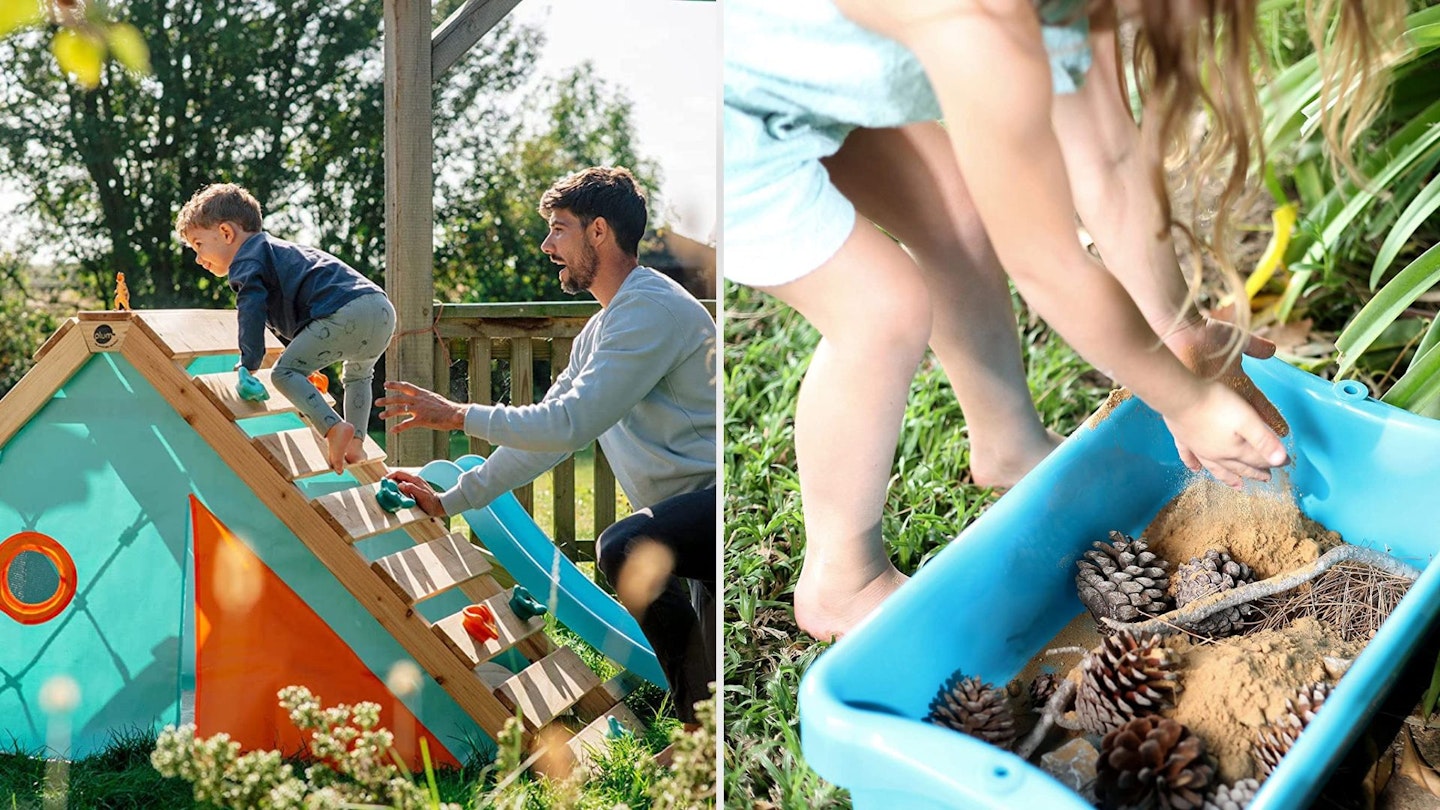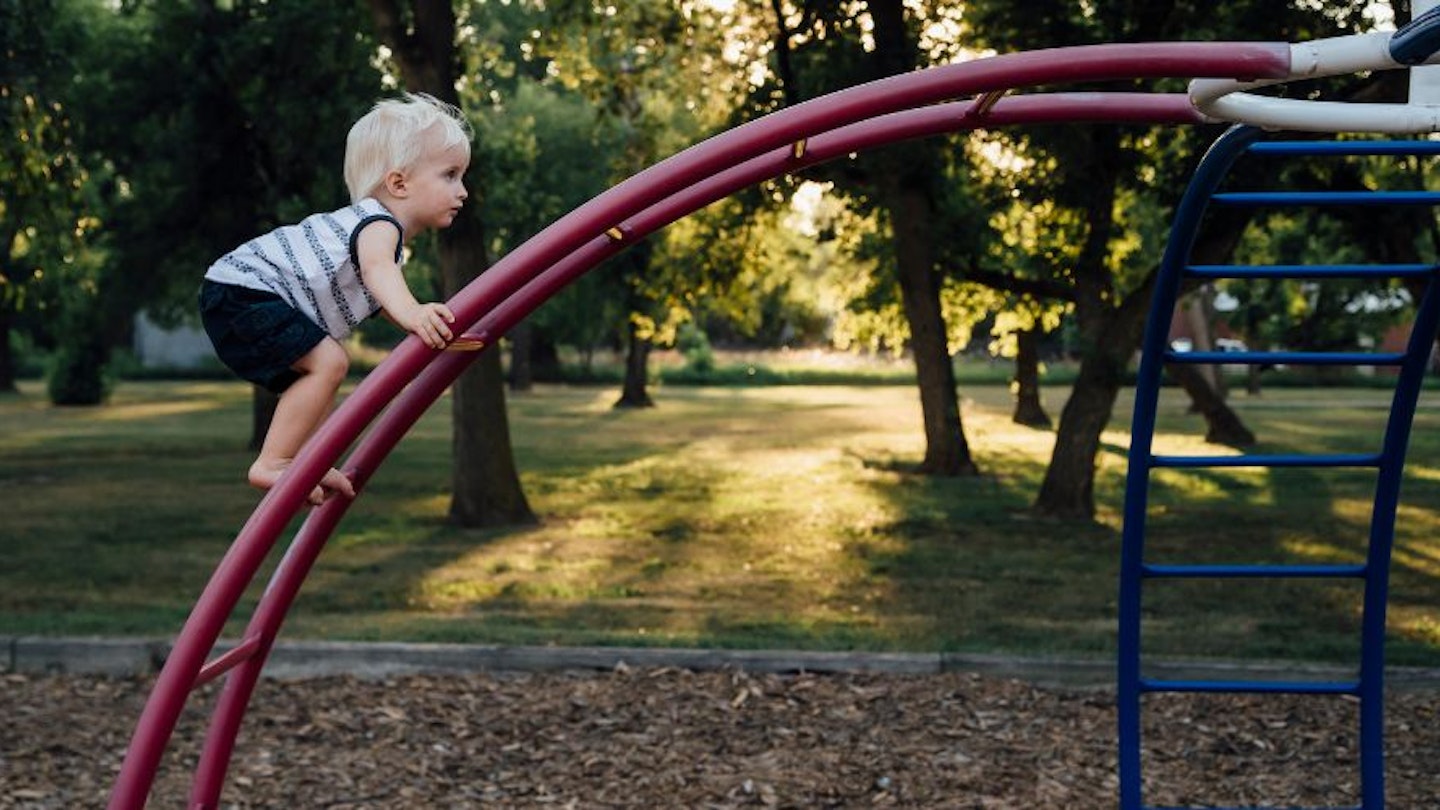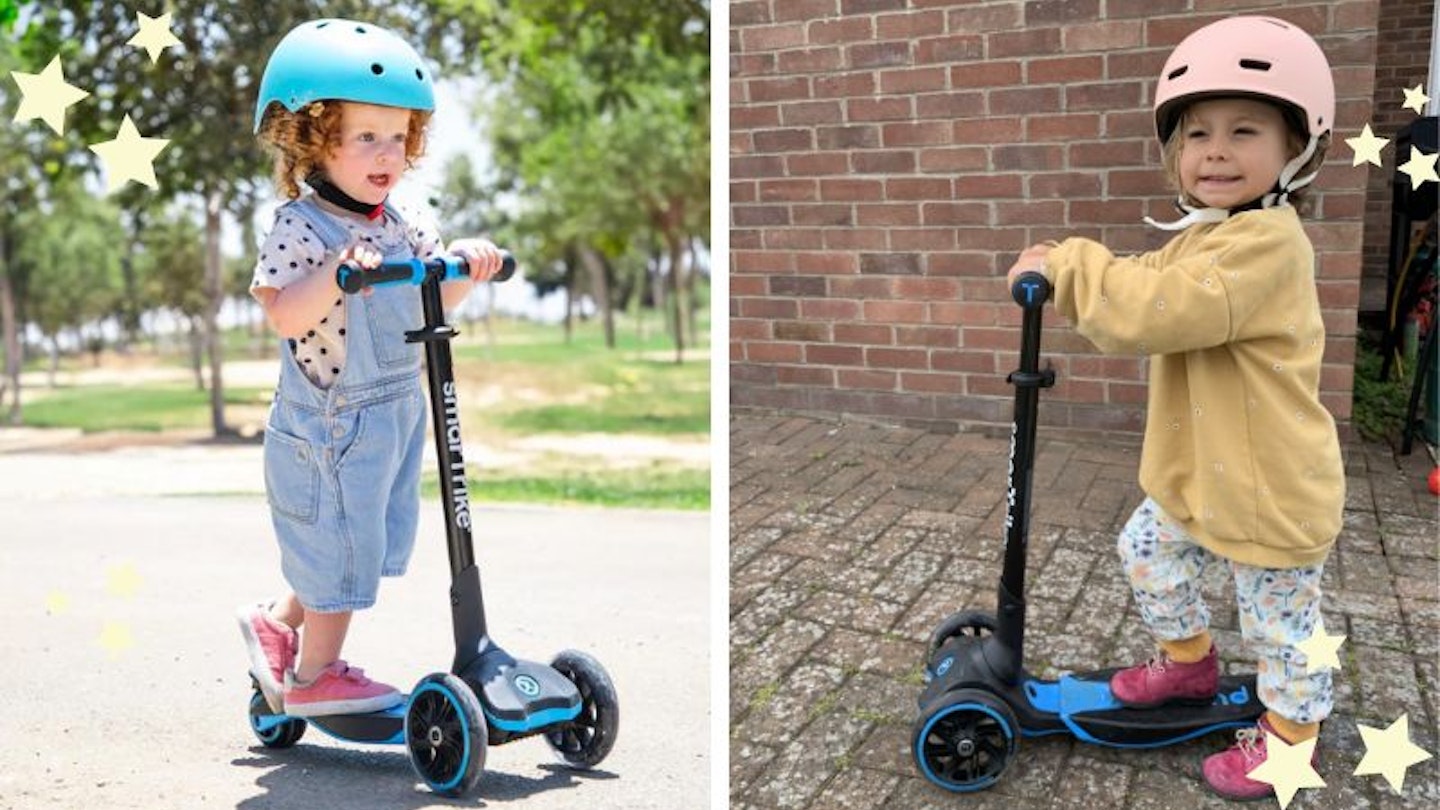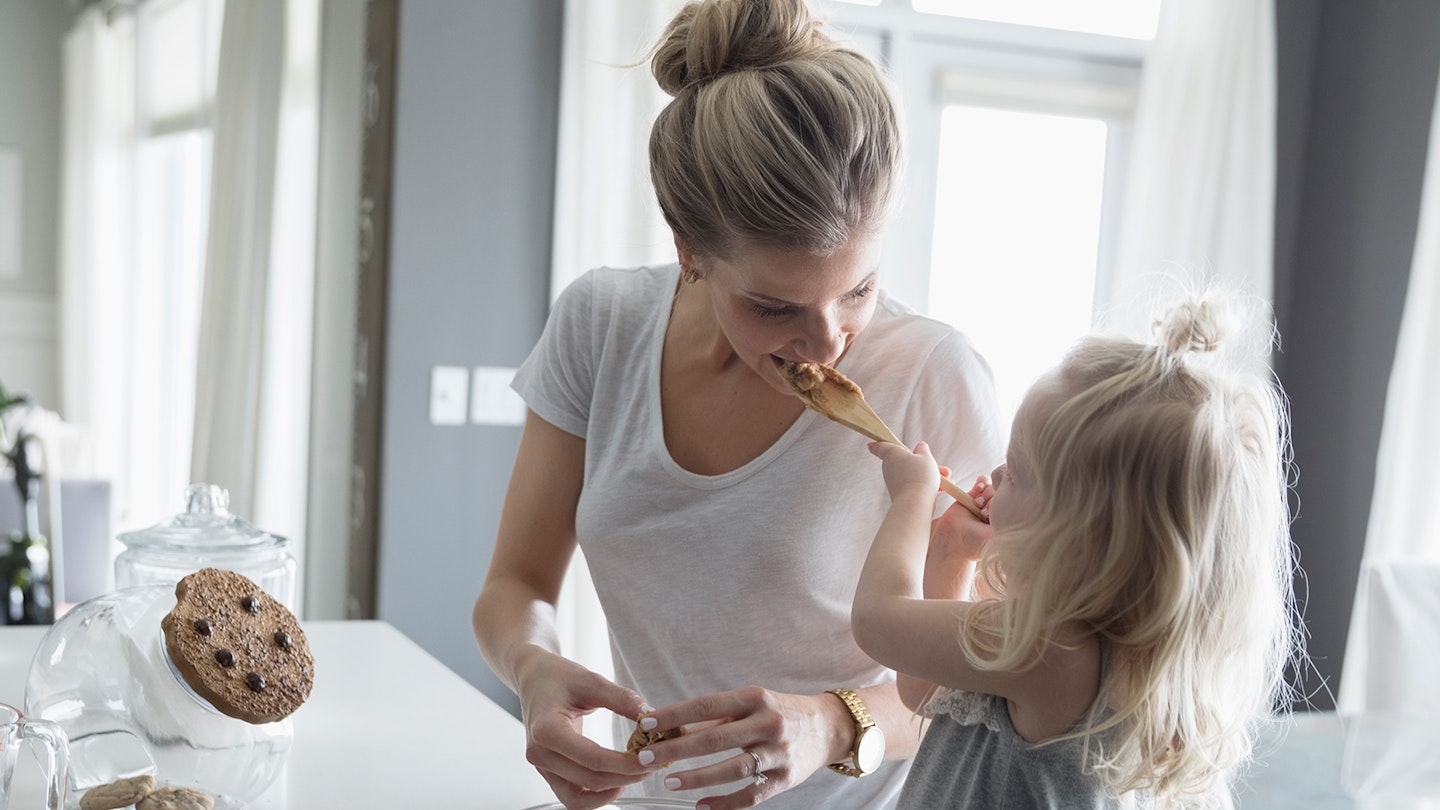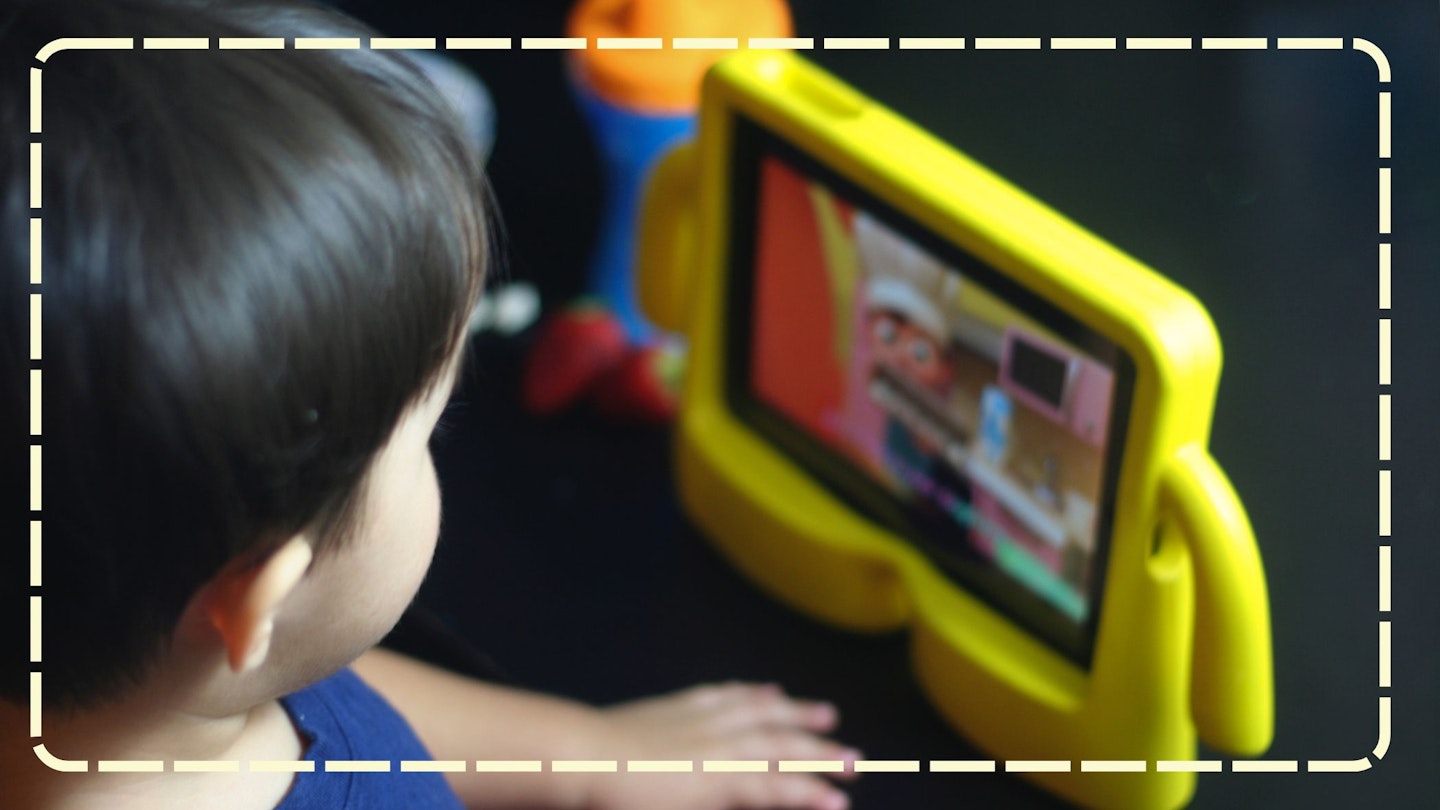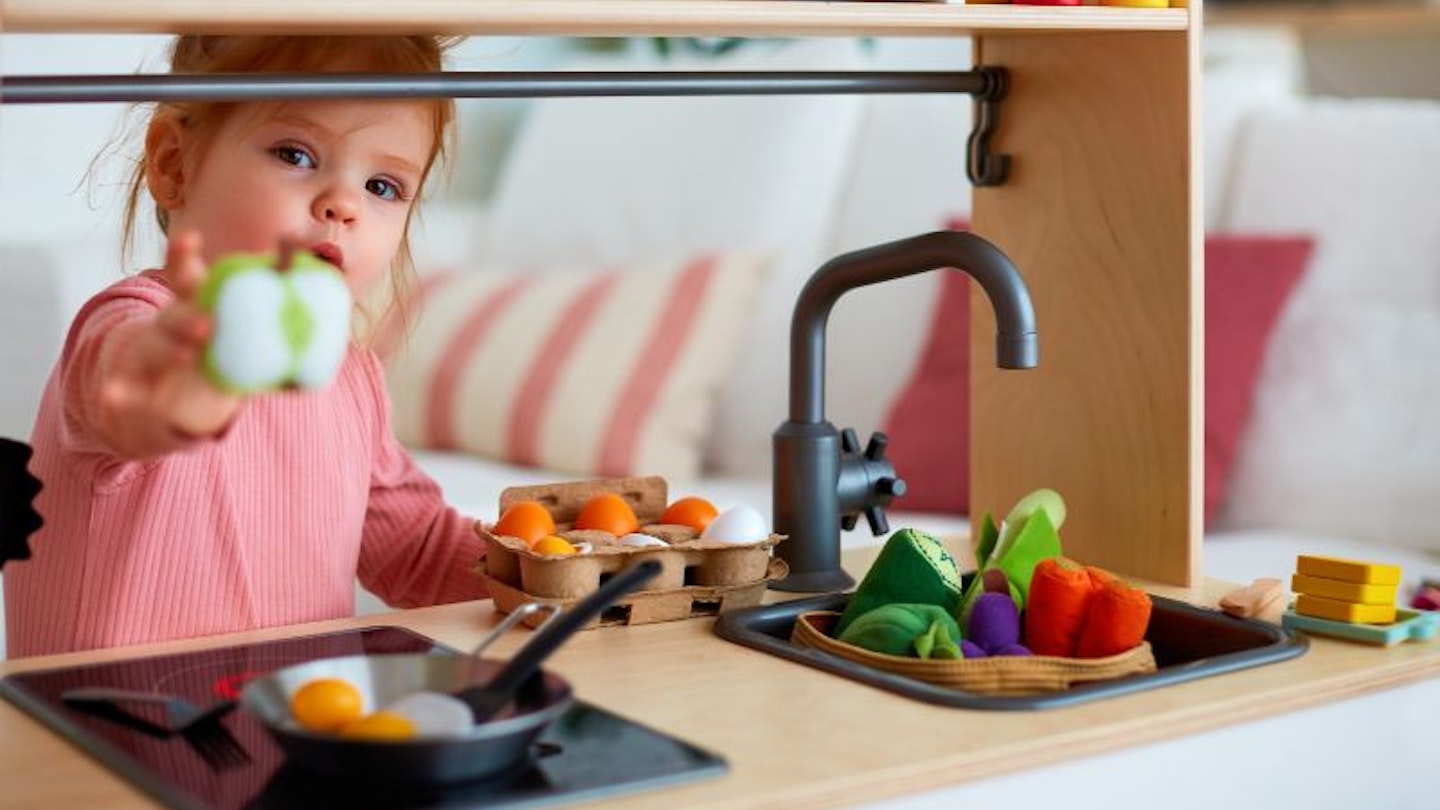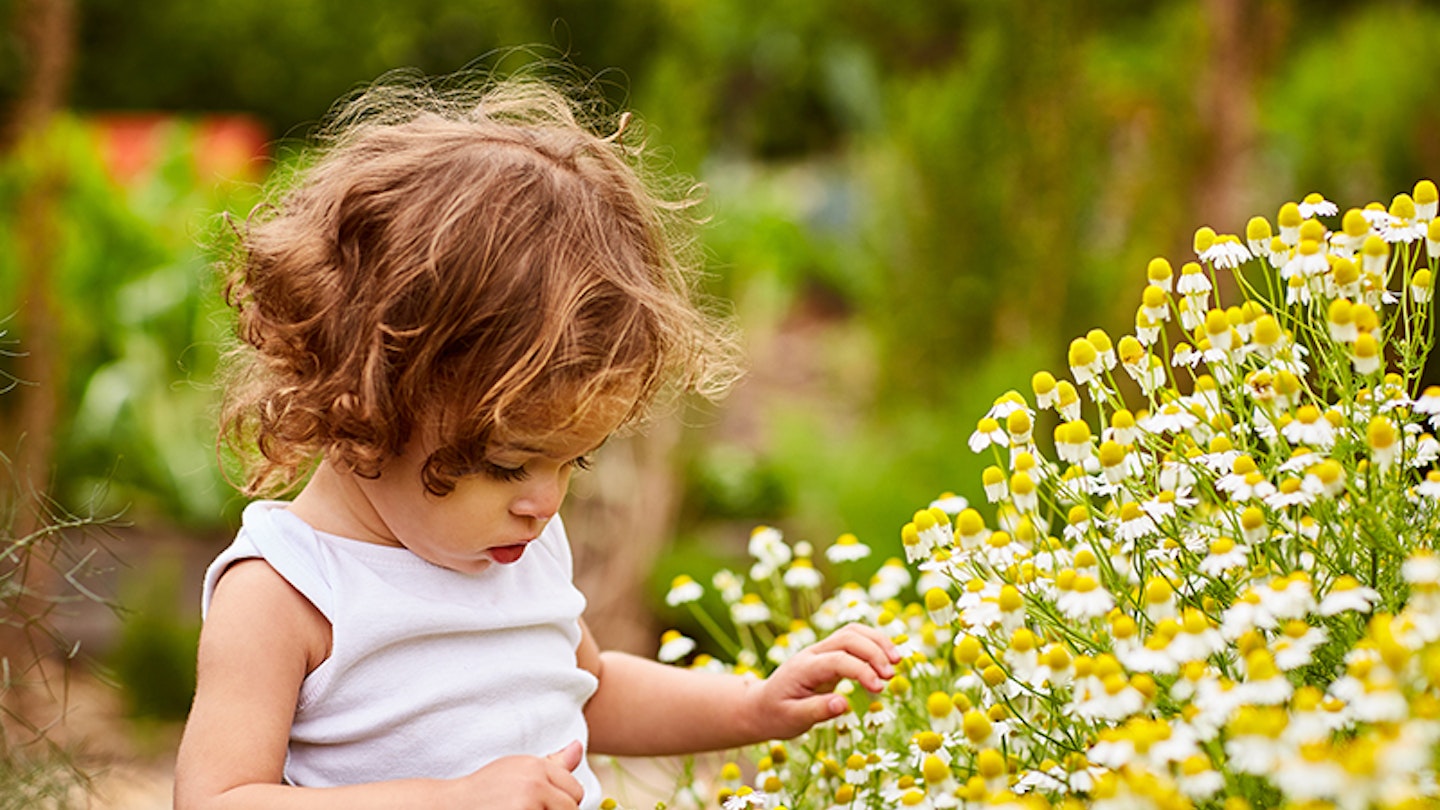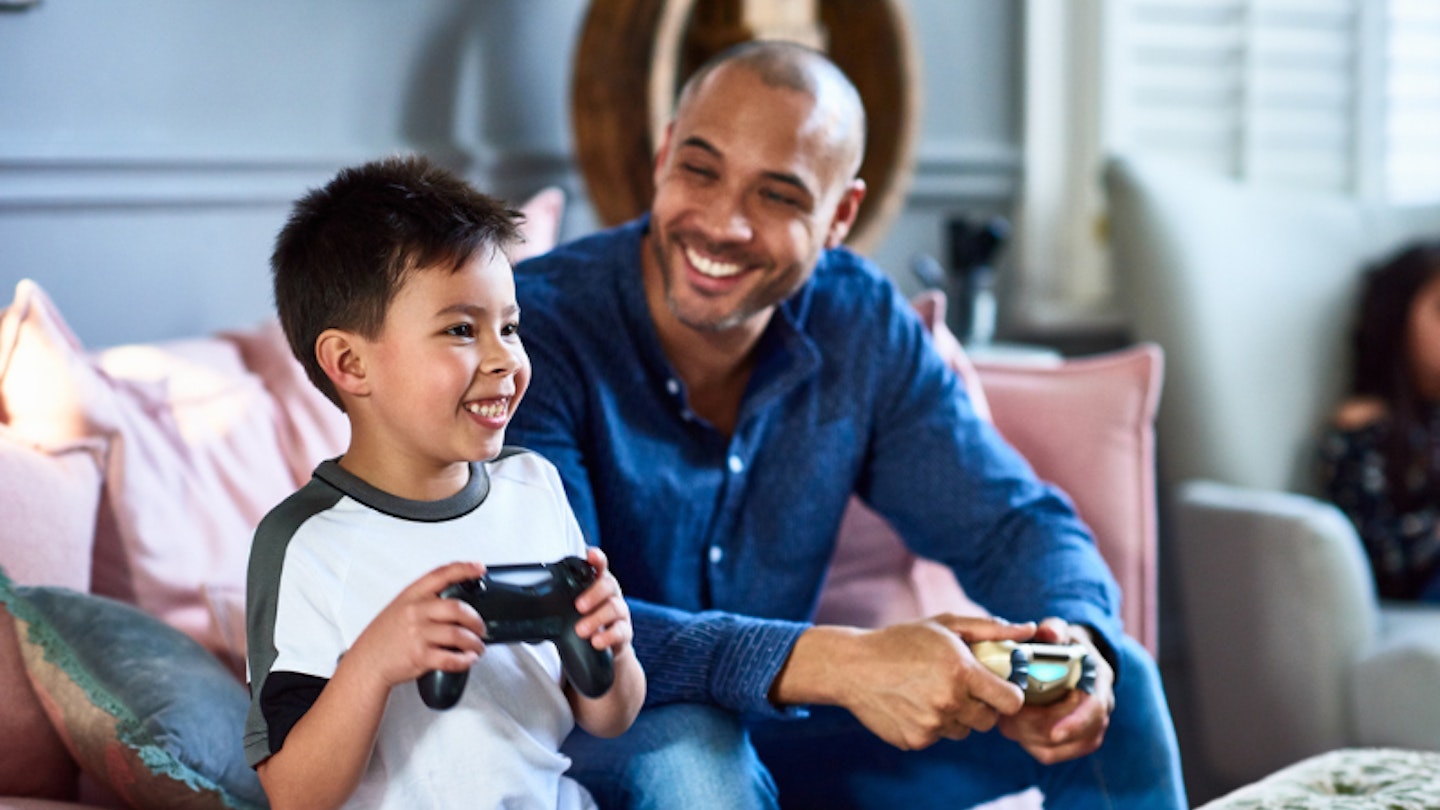Toddler Toys
The best GPS trackers for kids, tried and tested by their parents for peace of mind
However careful you are, many of us have experienced that terrible moment when...
Reviews |
30 of the best toys for one-year-olds to boost early development
As a mum of three, I know a thing or two about what toys one year olds will...
Reviews |
The ultimate guide to the best toys for 2-year-olds, tried and tested by toddlers and parents
The best toys for 2-year olds may be significantly different to the baby toys...
Reviews |
The ultimate guide to choosing the best toys for 5-Year-old boys and girls
Finding the best toys for 5-year-olds can be tricky, especially when they still...
Reviews |












